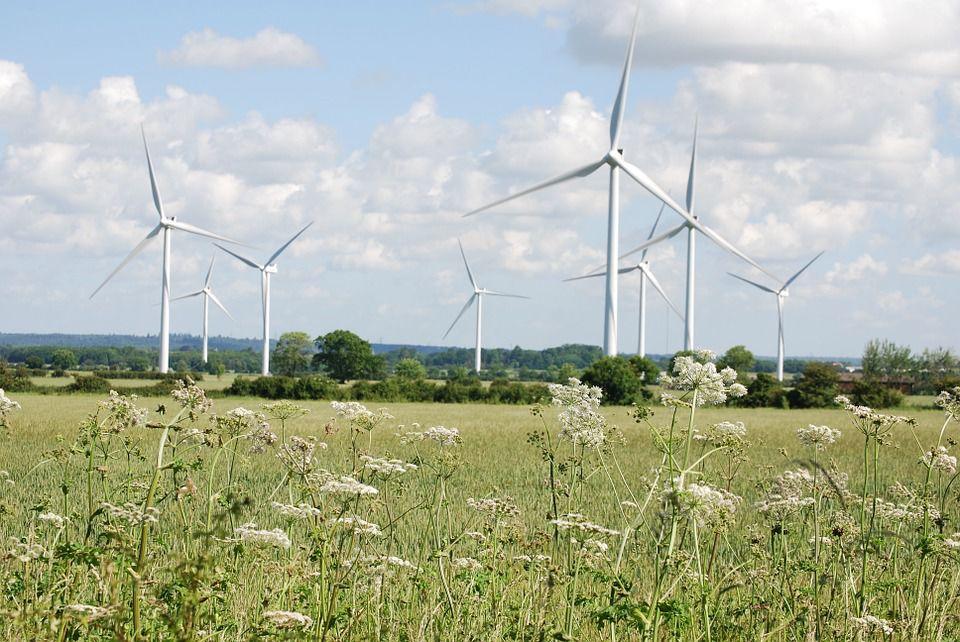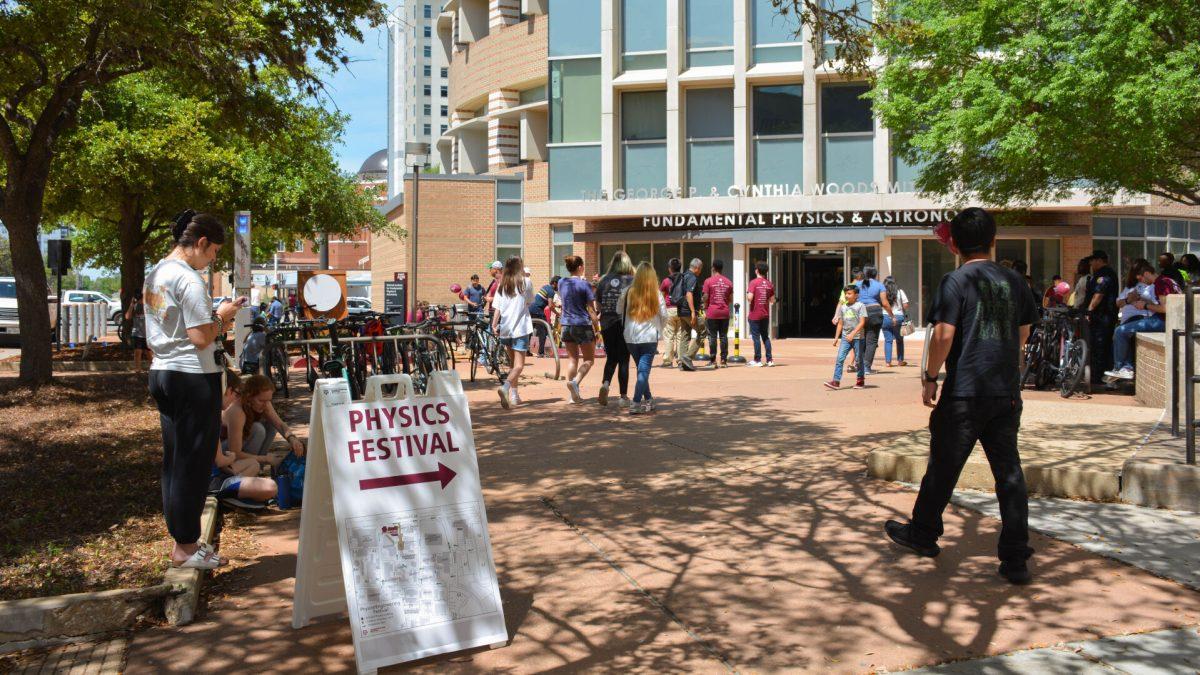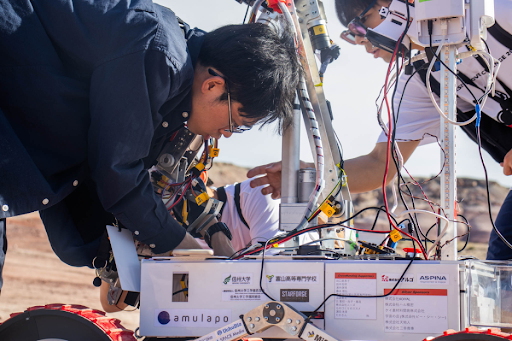When it comes to the world of science, discoveries and breakthroughs are made every day. To help you keep up with them, The Battalion compiles a few of the most compelling scientific stories from the past week.
Medicine: New cancer vaccine is 100 percent successful at treating and stopping recurrences of melanoma in mouse tests
Scientists have developed an experimental vaccine that helps boost the immune system to fight cancer when being used alongside other treatments. The scientists added a molecule called Diprovocim that helps move cancer fighting cells to the areas that tumors reside in the body.
The trials done in mice with melanoma saw a increased chance of recovery against tests that were done with just drug therapy by itself. The vaccine was also shown to fight tumor cells if they returned to the body in the future. As the scientists tried to put new tumors into mice, the tumors wouldn’t take as the vaccine continued fighting the tumor cells.
Psychology: Bad weather makes people nostalgic and increases feelings of self-esteem and social connectedness.
New studies show that adverse weather, such as rain and thunder can bring out feelings of nostalgia and of optimism. Psychologists from King’s College London and the University of Southampton tested through a series of research questions to see if nostalgia was induced by adverse weather.
The study was conducted through various methods including audio recordings and online diaries to see how the subjects felt in different weather environments. Findings showed that the audio recordings saw increased nostalgia when hearing wind, thunder and rain and the online diaries showed that wind increased the feelings as well. The findings elevate the study of weather psychology and the researchers look to further demonstrate how feelings and emotions can be impacted by weather and climate.
Environment: Massive solar and wind farms could bring vegetation back to the Sahara
Renewable energy technology in the Sahara desert could bring green to the area for the first time in over 4500 years.
The Sahara and Sahel were chosen for a massive roll out of renewable energy, in both wind and solar energy. The inclusion would change the local environment and could change normal temperatures by one to two degrees Celsius and increase precipitation by 0.25 mm per day. The decision isn’t going to be made right away, as other factors including energy policies, land management and security issues will be figured out before the farms can be set up.
Cancer vaccines, bad-weather moods and Sahara solar power: This week in science
September 12, 2018
Photo by Creative Commons
Wind turbines like these may one day be set up in the Sahara desert and may cause increased growth of vegetation in the area.
0
Donate to The Battalion
$1765
$5000
Contributed
Our Goal
Your donation will support the student journalists of Texas A&M University - College Station. Your contribution will allow us to purchase equipment and cover our annual website hosting costs, in addition to paying freelance staffers for their work, travel costs for coverage and more!
More to Discover










